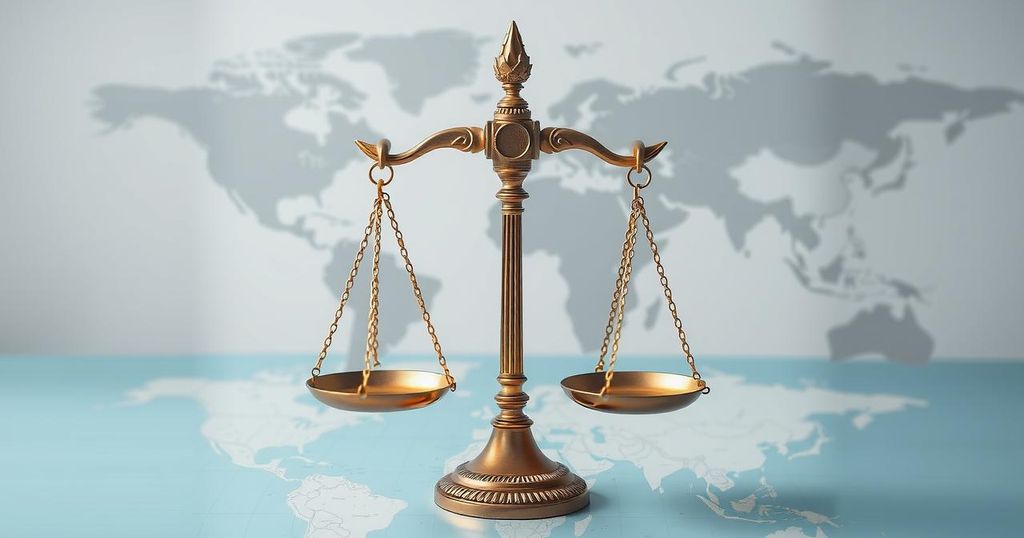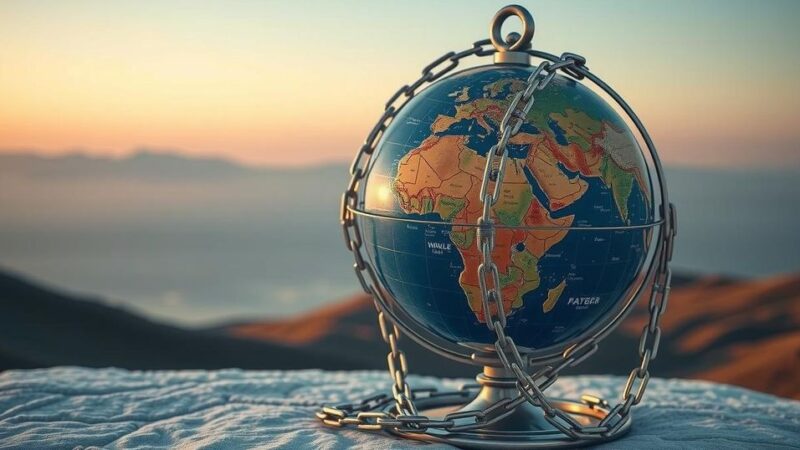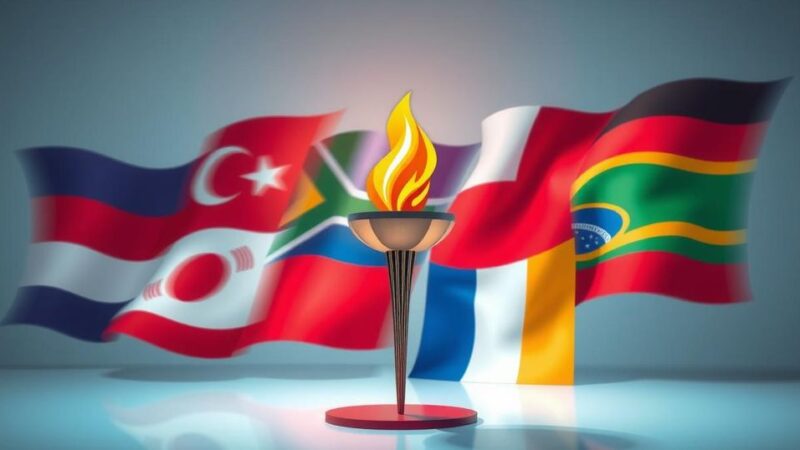Iran has criticized President Trump’s re-designation of Yemen’s Houthis as a “foreign terrorist organization,” calling it baseless and destructive. The Houthis have been involved in numerous attacks on maritime vessels since late 2023, leading to significant disruptions in global shipping. This shift in U.S. policy raises concerns about humanitarian impacts in Yemen as well as risks to regional stability.
Iran has denounced U.S. President Donald Trump’s decision to reclassify Yemen’s Houthi movement as a “foreign terrorist organization (FTO),” asserting that such a designation is unfounded. Esmaeil Baghaei, spokesperson for the Iranian foreign ministry, claimed this re-designation would result in more stringent economic sanctions on the Houthis, characterizing it as an unjust pretext for imposing anti-humanitarian sanctions on the Yemeni populace. He warned that these unilateral actions could undermine international law and exacerbate regional instability.
The Houthis currently dominate much of Yemen and have launched over 100 attacks on maritime vessels in the Red Sea since late November 2023. These operations are purportedly in support of the Palestinian cause during the ongoing conflict in Gaza involving Israel. Their activities have disrupted vital global shipping routes, compelling companies to seek alternative, more expensive paths around southern Africa for over a year.
In a previous administration shift, President Joe Biden rescinded Trump’s terrorist designation of the Houthis in 2021, citing humanitarian concerns in Yemen. However, as of the preceding year, Biden categorized the group as a “Specially Designated Global Terrorist” organization but notably withheld the harsher FTO label. This shift in designations highlights tensions surrounding U.S. foreign policy in the region.
The ongoing conflict in Yemen has generated significant international concern, with the Houthi movement asserting control over large territories. The U.S. designations of the group as a terrorist organization have far-reaching implications for humanitarian aid and the regional balance of power. The Houthis’ actions in the Red Sea have been perceived as part of a broader geopolitical struggle, significantly affecting global maritime trade and security.
In conclusion, Iran’s condemnation of the re-designation of the Houthis underscores the complex dynamics of U.S.-Iran relations and the broader implications for humanitarian efforts in Yemen. The escalating maritime conflicts due to Houthi actions continue to disrupt international shipping, necessitating careful consideration of the associated economic sanctions. As designated statuses evolve under different administrations, the impact on regional stability remains a pressing concern.
Original Source: indianexpress.com







